Aristotle, one of the most influential philosophers in history, not only left a lasting impact on his own thinking, but also influenced a generation of disciples who, in turn, contributed significantly to the world of philosophy, science, and politics. In this blog post, we will explore Aristotle's notable disciples, their contributions, and how they helped perpetuate the great Greek philosopher's legacy.

1. Theophrastus: The “Father of Botany”
Theophrase, also known as Theophrastus of Eresus, was one of Aristotle's most prominent disciples. He is often called the “Father of Botany” due to his pioneering work in classifying and describing plants. Inspired by Aristotle, Theophrastus wrote works such as “History of Plants” and “Causes of Plants”, which established the foundations of botany as a scientific discipline.
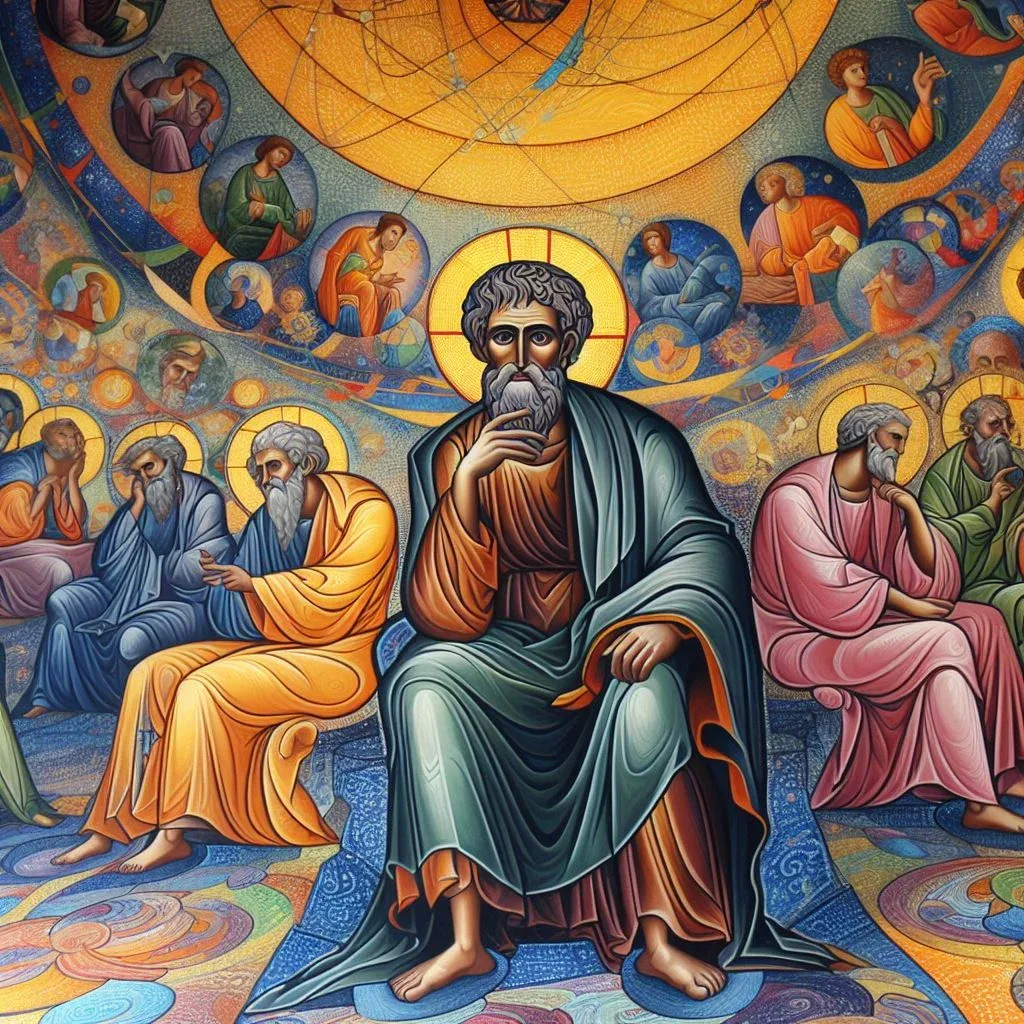
2. Straton of Lampsacus: Continuing the Legacy of Peripatetic Philosophy
Lampsacus Straton was a disciple of Aristotle who became Theophrastus' successor as leader of the Peripatetic school, founded by Aristotle. He continued the Aristotelian philosophical tradition and contributed to the understanding of the master's writings. Strato played an important role in disseminating Aristotle's ideas to later generations of scholars.
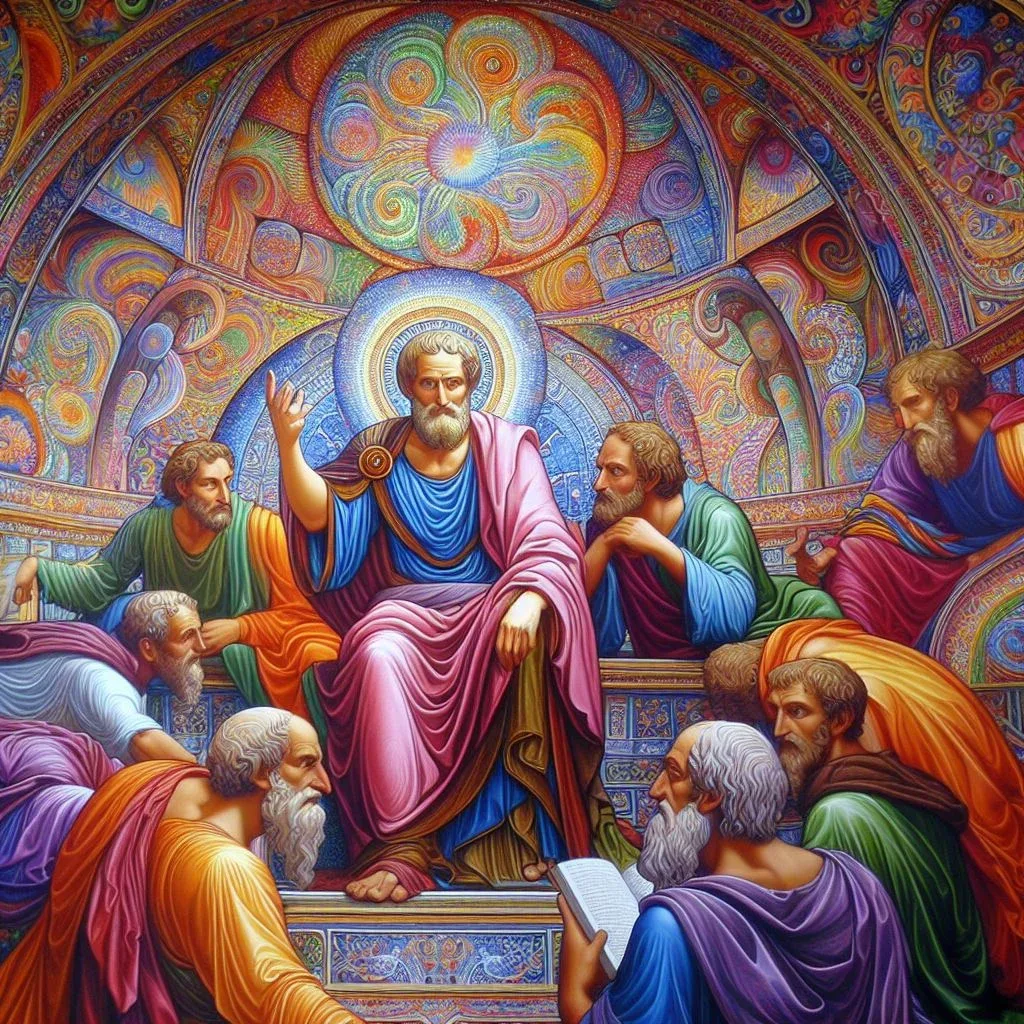
3. Nicomachus: The Son of Aristotle
Nicomachus, son of Aristotle, also became a notable philosopher. Although his life was relatively short, he contributed to Aristotelian ethics by writing “Nicomachean Ethics,” an influential work that explored moral and ethical virtues. The fact that Aristotle dedicated this work to his son demonstrates the importance of ethics and education in the Aristotelian tradition.
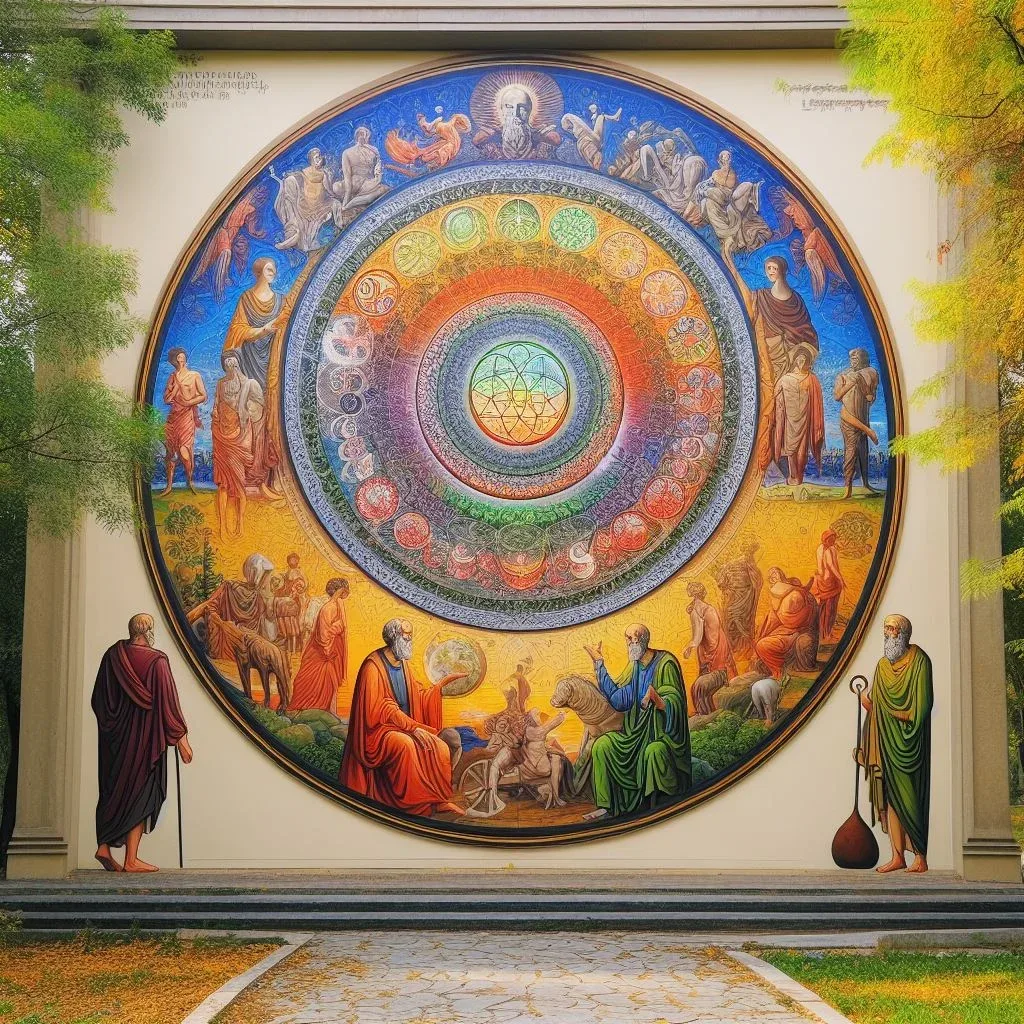
4. Lysimachus of Alexandria: Science and Astronomy
Lysimachus of Alexandria He was a disciple of Aristotle who stood out in the field of science, particularly astronomy. He continued Aristotle's work in studying the motion of celestial bodies and made significant contributions to the understanding of the universe. His work in observing the heavens helped advance astronomical knowledge in antiquity.

5. Demetrius of Falero: Politics and Rhetoric
Demetrius of Falero He was a disciple of Aristotle who excelled in politics and rhetoric. He played an important role as a statesman and legislator in Athens, where his political reforms had a lasting impact on the city. Furthermore, Demetrius of Falero made contributions to the study of rhetoric, a discipline that Aristotle also explored in his works.
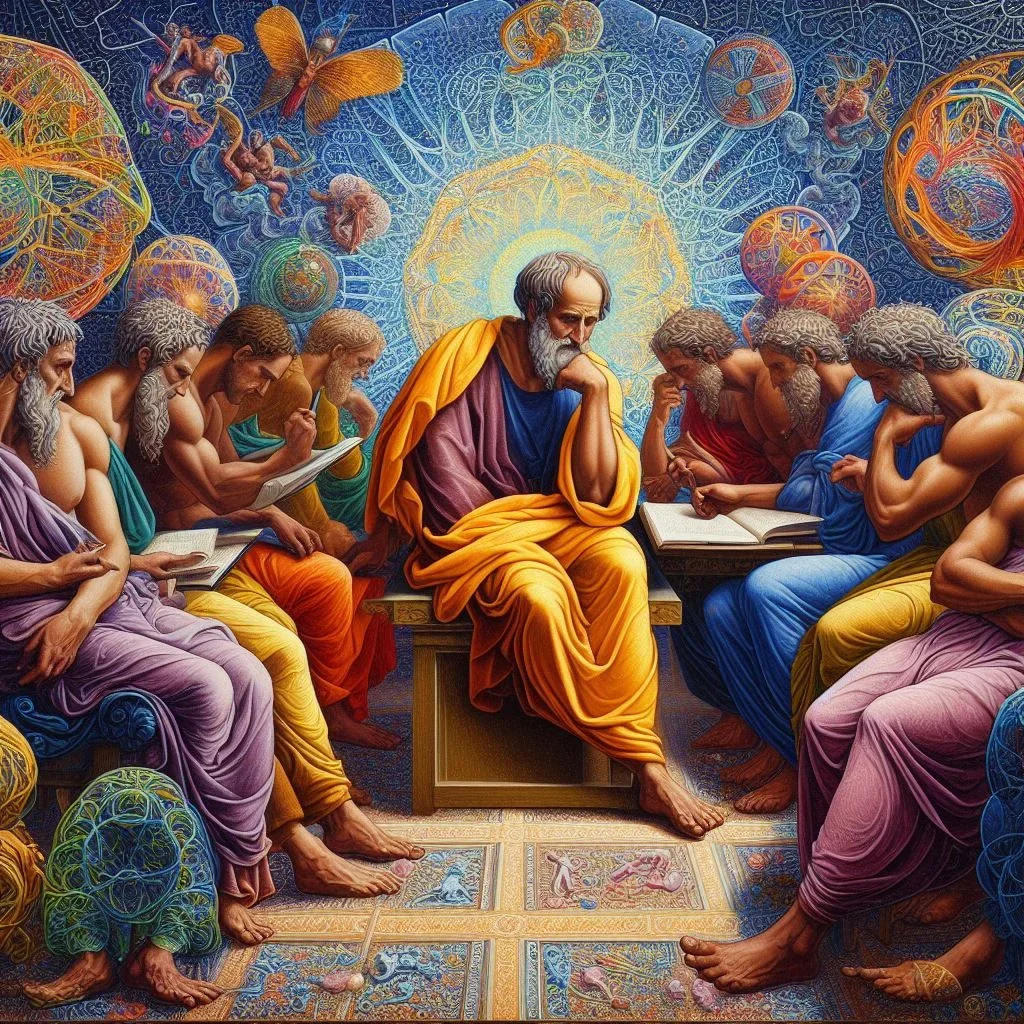
6. The Commentators
In addition to the aforementioned disciples, it is important to note that many other ancient scholars, known as “the commentators”, dedicated themselves to commenting and explaining Aristotle's writings. This played a crucial role in preserving and disseminating the ideas of the Greek philosopher. These commentators helped make Aristotle's legacy accessible to later generations.
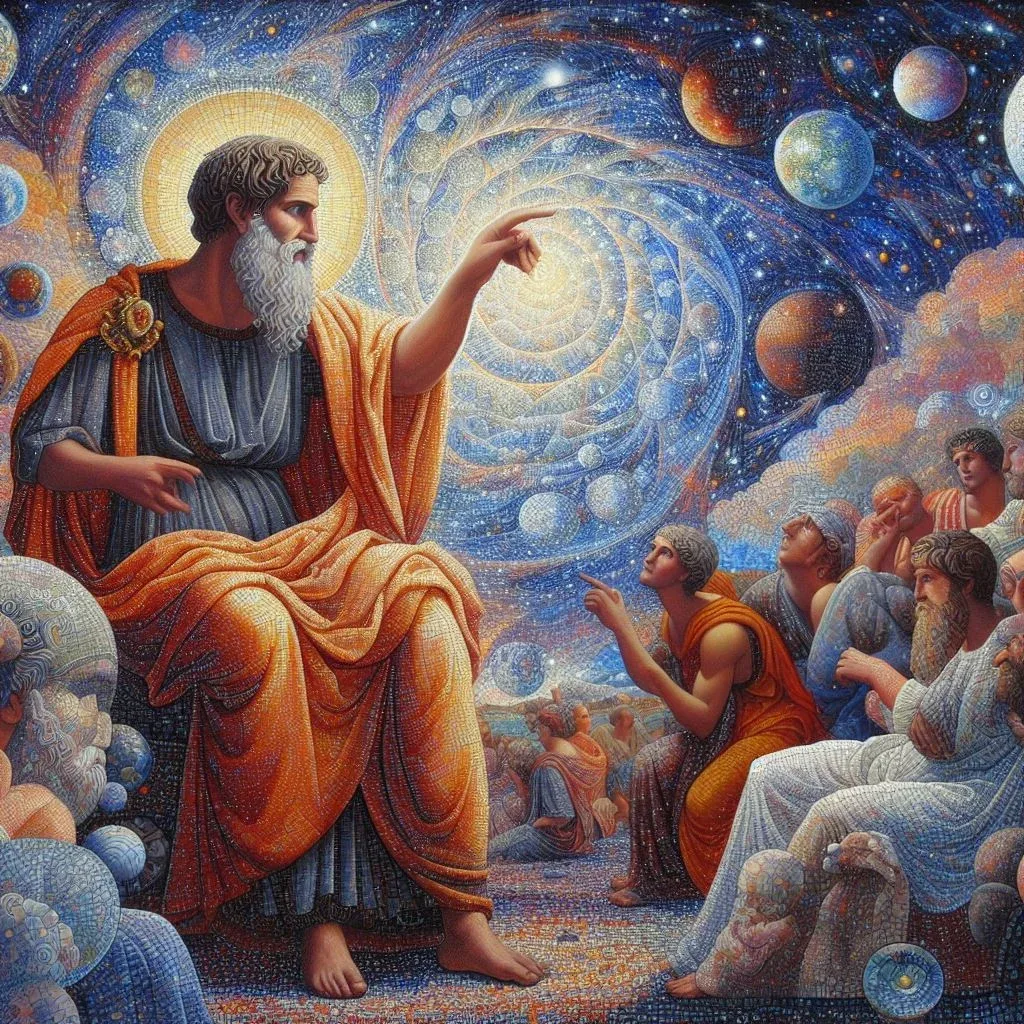
The Ongoing Impact
Aristotle's disciples played vital roles in expanding and interpreting his ideas in a variety of fields, including philosophy, science, ethics, politics, and rhetoric. Their efforts helped to keep Aristotle's influence alive for centuries and continue to inspire contemporary scholars and philosophers.
The legacy of these disciples demonstrates the richness and diversity of Aristotelian thought, which continues to be a source of inspiration and reflection for those seeking to understand the world and human nature. The legacy left by Aristotle and his disciples is a lasting testimony to the importance of philosophy and the pursuit of knowledge.
For more information about Aristotle's disciples and their contributions, explore additional resources and deepen your understanding of this fascinating chapter in the history of philosophy.
Aristotle's Disciples FAQ
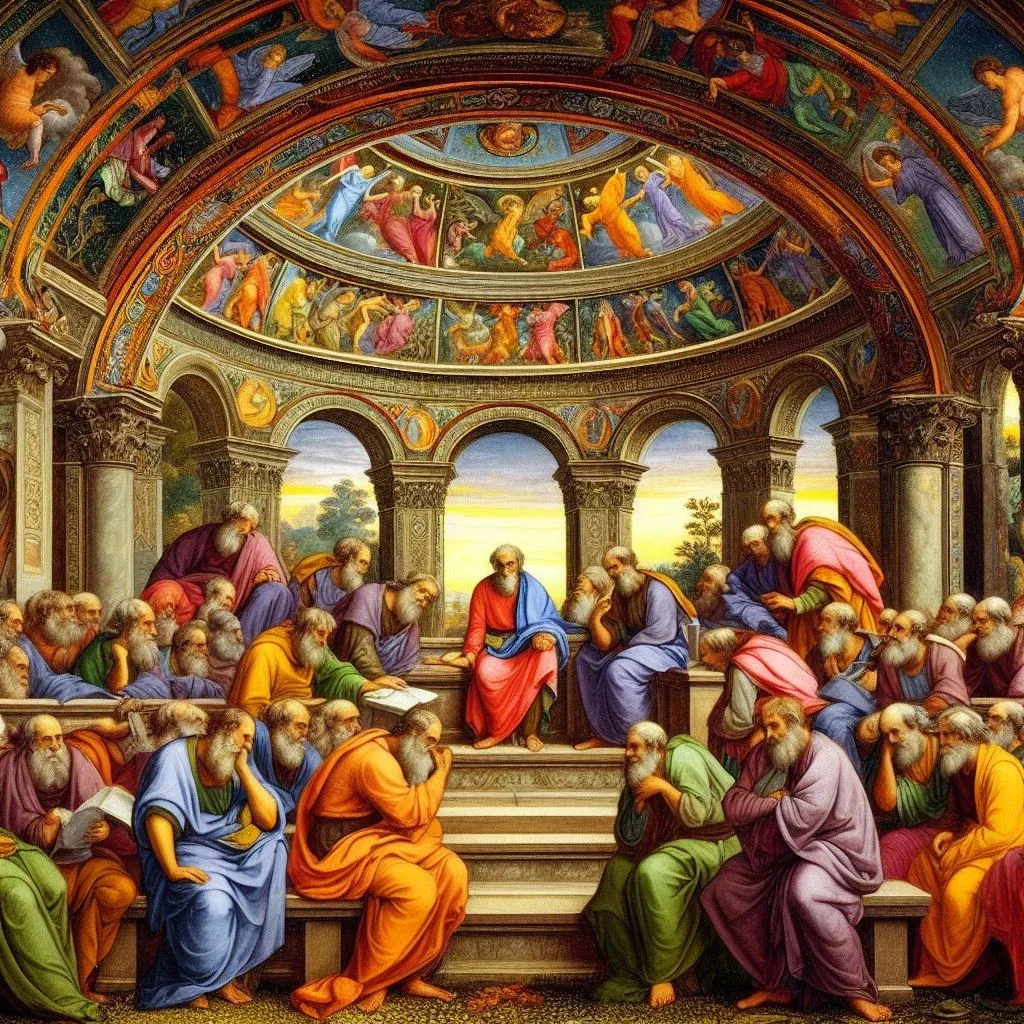
If you are interested in Aristotle's disciples and want to better understand how they contributed to philosophy, science, and other disciplines, this FAQ offers answers to the most common questions on the topic.
1. Who were Aristotle's Disciples?
Aristotle's disciples were scholars and philosophers who studied under Aristotle in ancient times. Some of the most notable disciples include Theophrastus, Straton of Lampsacus, Nicomachus, Lysimachus of Alexandria, and Demetrius of Phalerus.
2. What was Theophrastus’ Contribution?
Theophrastus is widely known as the “Father of Botany” due to his pioneering work in classifying and describing plants. His works established the foundations of botany as a scientific discipline.
3. What were the Contributions of Straton of Lampsacus?
Straton of Lampsacus stood out in the continuation of the Aristotelian philosophical tradition as successor to Theophrastus. He contributed to the understanding of Aristotle's writings and played an important role in the dissemination of his ideas.
4. What is the Meaning of “Nicomachean Ethics”?
“Nicomachean Ethics” is a work written by Nicomachean, son of Aristotle, which explores Aristotelian ethics and moral virtues. It is one of the main works that continues to influence ethical thinking to this day.
5. What was the role of Lysimachus of Alexandria in Science?
Lysimachus of Alexandria stood out in the field of science, particularly astronomy, contributing to the understanding of the movement of celestial bodies in antiquity.
6. How Did Demetrius of Falero Contribute to Politics and Rhetoric?
Demetrius of Falero played an important role as a statesman and legislator in Athens, where his political reforms had a lasting impact. He also made contributions to the study of rhetoric, a discipline explored by Aristotle.
7. In addition to the Disciples, Who Were Aristotle's Commentators?
In addition to the disciples, the “commentators” played a crucial role in preserving and disseminating Aristotle's ideas. They explained and interpreted the writings of the Greek philosopher, making his legacy accessible to later generations.
We hope these answers have clarified your doubts about Aristotle's disciples and their impact on various areas of knowledge. To explore more about these scholars and their contributions, you can seek out additional resources and deepen your understanding of this fascinating chapter in the history of philosophy.





